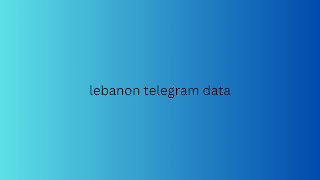Of course, a voter who wants to make a well-argued choice can always watch television or study election programs . But how many voters do that? It is now possible for parties to recruit voters by bombarding them with selective information online . The distinctiveness of a party is quickly lost in the process. Voters can cast their vote based on a limited insight, in fact a single slogan and one-liner. In this way, parties can respond much more specifically to current themes among specific target groups or in regions, without the rest of the program receiving attention.
I wonder how decisive this selective advertising, with which certain groups are talked to, will be in these elections. In addition, many young people are struggling with the corona measures and there is a declining interest in politics among them. If they can be reached online with targeted one-liners, it is difficult to predict what they will do with it.
The emphasis on selective online promotion gives smaller parties a better chance of attracting voters' attention. This could increase the chance of them being voted for, which could lead to increased fragmentation in parliament.
Organic reach via social media is limited
There is another route to reach voters through lebanon telegram data the use of social media. Messages can be posted via a party's own account that are intended to attract voters' attention. Such an approach is in fact the average use of these media and it is free. But even if you have many followers, the data companies use algorithms that determine which message reaches whom. As a result, parties do not reach all followers. A party has no influence on that. And the reach via this route is often quite limited. Such a message then only reaches people who were already consciously following that party.

Trump has already proven that the cunning use of a medium like Twitter can create a bubble among his loyal followers. It can deafen them to other voices.
In short, the use of digital media can yield surprising results. It will mainly depend on who knows how to use these media optimally.
How do we reach all voters, without selectivity and manipulation?
The use of digital resources is now very useful because of the pandemic. But I must also conclude that it is very unclear in terms of reach and operation. In the recent past, due to a lack of vision of the digital possibilities, little to nothing has been invested in reaching voters online in an appropriate way. And by 'reaching' I mean without selectivity or manipulation, and then also all voters.
